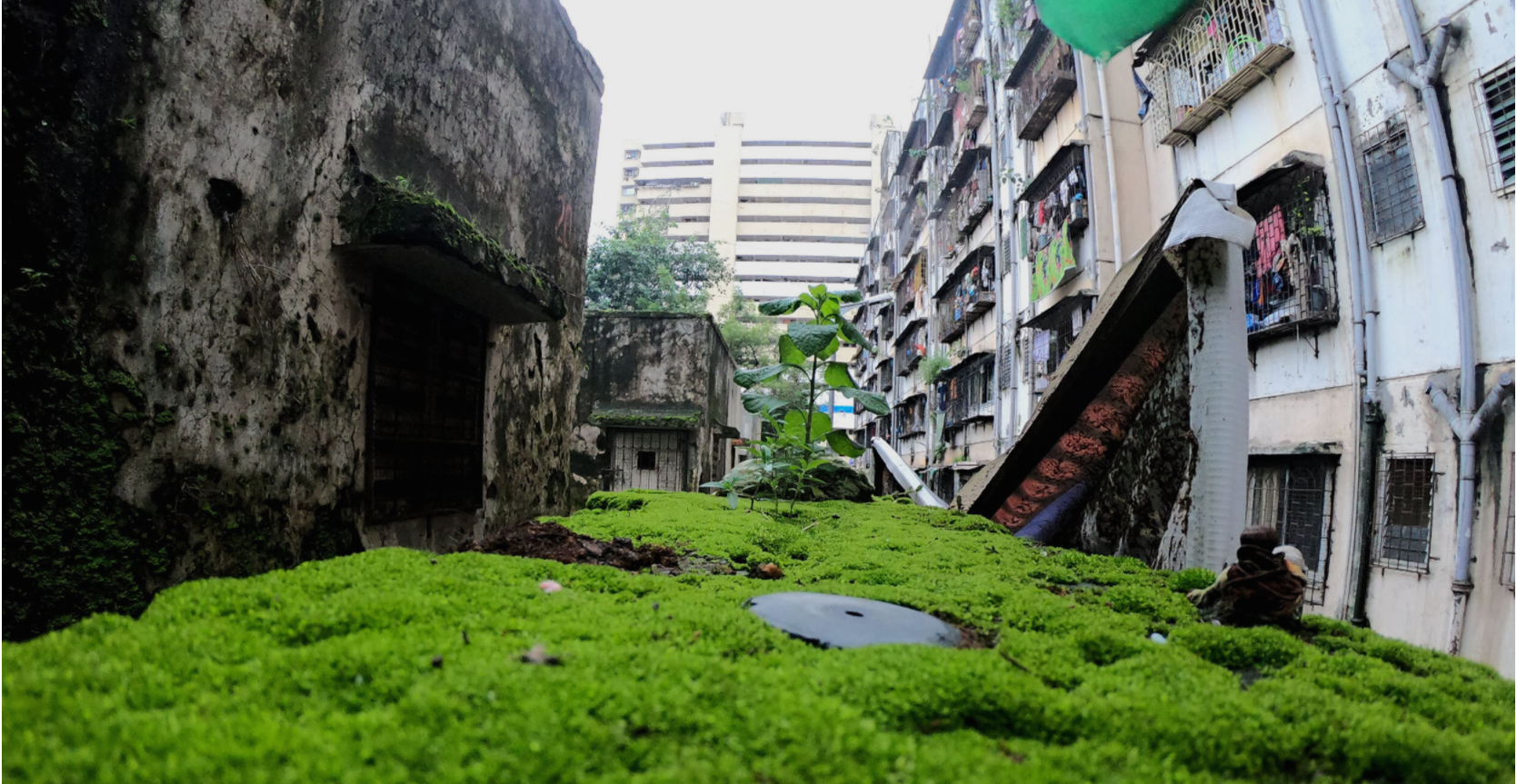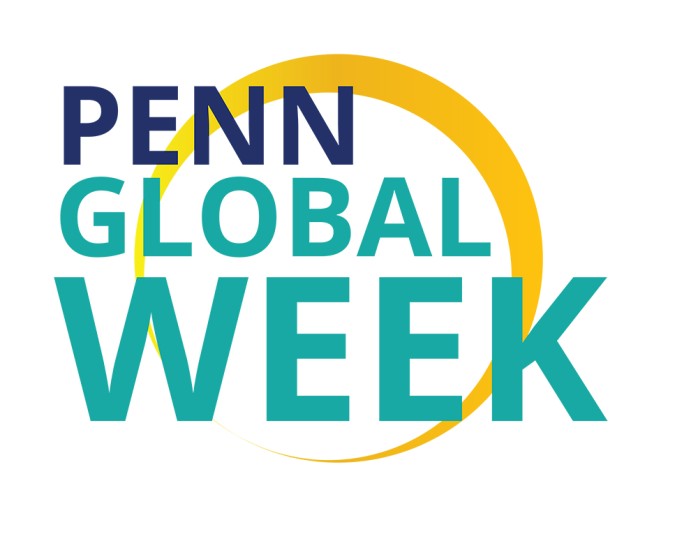Penn Global Week, India, Global Grants, Asia-Pacific Examining the design of India's coastal communities from a transdisciplinary lens
Basic Page Sidebar Menu Penn Global
Nikhil Anand, associate professor of anthropology of the School of Arts and Sciences, leads Urban Sea, a reserach project designed to investigate the interactions between coastal communities and the landscapes in which they live and work. (Photo credit: Nikhil Anand)
January 28, 2021
By
Penn Global
When Nikhil Anand, associate professor of anthropology of the School of Arts and Sciences, launched the Inhabited Sea initiative in 2018, he drew inspiration from questions raised by Anuradha Mathur and Dilip Da Cunha a decade earlier as part of their research covering the devastating Mumbai floods in 2005. How might we reimagine and renegotiate Mumbai’s relationship with water and wetness? How might coastal cities respond to the critical challenges posed by rising sea levels?
Now Anand is partnering with Anuradha Mathur, professor of landscape architecture at the Weitzman School of Design, and Dilip Da Cunha, of the Harvard Graduate School of Design, to lead a new research initiative to reconsider to these questions, many of which still matter, with a transdisciplinary lens.
“I wondered what it might actually mean to return to the questions they raised, in part because many of the things they brought up then simply hadn’t been addressed,” explains Anand. “It was an opportunity to go back to that work, but with a transdisciplinary team of colleagues and collaborators largely based in Mumbai.”
For this project, Anand, Mathur, and Da Cunha sought the expertise and perspectives of not only designers, but also of filmmakers, storytellers, anthropologists, architects, and scientists. Together, the research team adopted a grounded approach, collaborating through a series of bi-annual workshops to develop new research questions that would serve as the foundation on which the larger research initiative would grow.
“Rather than begin with already determined questions, our first meetings were oriented towards collaboratively developing the questions for each project,” shares Anand. “That was an important modification” to ensure the initiative was rooted in a transdisciplinary framework, rather than as a “plug-in,” when cross-disciplinary perspectives are inserted but rarely inform the questions driving the project.
Although the process was time intensive, taking several months to define those questions, a total of eight research projects emerged, ranging in focus from the effects of the monsoon on the Lallubhai Compound in Mankhurd to the intertidal life hosted on Mumbai’s shorelines. Moreover, the approach fostered a collaborative environment in which the consistent feedback of the transdisciplinary team informed and evolved the trajectories of individual projects throughout the duration of the research.

On Wednesday, January 20th, Anand and the team hosted the first in a series of seminars, titled “Living in Rain,” in which they featured two of the eight projects involved in the initiative. Anand expressed enthusiasm in witnessing how the projects “not only spoke to each other but drew from the conversations we’d had over two years.”
In the months ahead, the group will host additional seminars featuring the work of the different research teams, including that of Penn students, Courtney Daub, C’21 and Adwaita Banerjee, Ph.D. student in anthropology. Both Daub and Banerjee, in partnership with Helen White (Haverford), lead Sea of Petrochemicals, working with colleagues and collaborators in Mumbai to theorize the biography and composition of plastics in Mumbai’s seas. In addition to presenting their work as part of the international seminar series for the Inhabited Sea initiative, Anand notes that both students will also use the research to inform their theses.
Looking to the future, the research team hopes their work will lead to a new imagination around inhabiting cities in water – to not only inform how we think about the relationship between cities and water, but also translate into new designs that allow cities to embrace water, rather than expel it. These new concepts and interventions could also extend to cities beyond Mumbai, such as Jakarta, Kolkata, and Lagos.
But beyond these concrete outcomes, the transdisciplinary initiative has also carved out moments and space for the individual members of the team to tap into the power of curiosity and simply explore the world around them.
In recalling one of his favorite memories during which the different research teams were invited to Mumbai’s shoreline for a walk, Anand describes the charm of a seemingly mundane activity. “It was really nice to interact with people in the worlds in which they were working – to see the surprising enthusiasm and interest the architects had, for instance, for crabs and anemone that we encountered when Marine Life of Mumbai took us on a shore walk in December 2019. It reminded me that we all have curiosities that exceed the things we’re working on, that often get shut off because of our specialized disciplines. Sharing that curiosity, permitting that curiosity to multiply and proliferate across different groups was really nice. It was wonderful to be amazed and excited by the work that others were doing.”
Inhabited Sea is supported by the Penn India Research and Engagement Fund, as well as the Tata Institute of Social Sciences, the Interdisciplinary Program in Climate Studies at IIT Bombay, the School of Environment and Architecture, Marine Life of Mumbai, CAMP and Haverford College.
To learn more about the Inhabited Sea initiative and the eight research projects, check out the website; or watch the recording of Anand’s talk, Cities in Hot Water, moderated by Mathur, which took place on October 23, 2020 as part of the Penn in India: Faculty Speaker Series.

Penn Global Week is an annual event for the university to showcase the depth and breadth of cultural activity and global programming available across campus. This feature is part of a series dedicated to highlighting the global experiences and work of the students and faculty who make Penn global and enrich Penn’s global engagement efforts.


